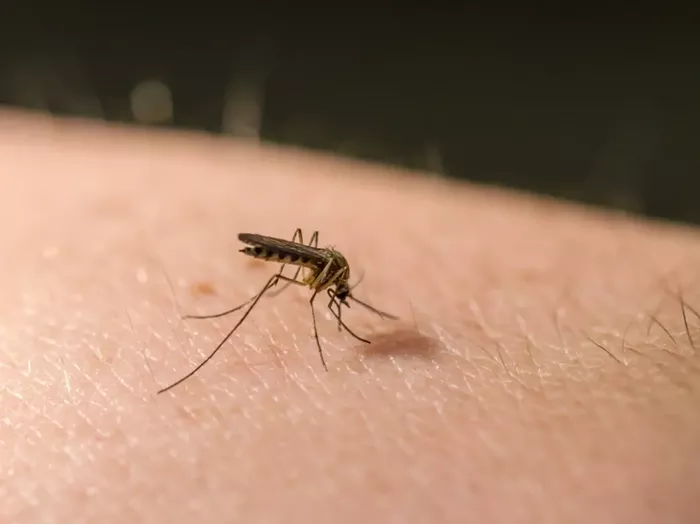The U.S. Centers for Disease Control and Prevention (CDC) has issued a health advisory alerting the public and healthcare providers to the escalating threat of dengue virus infections across the United States. This advisory comes amidst concerning developments both domestically and globally regarding the spread of the disease.
In Puerto Rico, authorities have declared a public health emergency in response to nearly 1,500 reported cases of dengue virus infection. Additionally, a record number of 745 cases have been documented among U.S. travelers this year alone, according to the CDC.
The CDC’s advisory, released on Tuesday, underscores a significant rise in dengue cases throughout the Americas this year. With 9.7 million reported cases, this figure surpasses last year’s 4.6 million, marking the highest global incidence of dengue on record. Officials attribute this surge in cases to rising temperatures associated with climate change, creating favorable conditions for the Aedes aegypti mosquito, which transmits the virus.
Dengue, typically prevalent in tropical and subtropical climates, varies widely in its presentation—from asymptomatic cases to mild illnesses. However, severe cases can lead to life-threatening complications, underscoring the critical need for vigilance among healthcare providers.
Healthcare professionals are urged to maintain a high index of suspicion for patients presenting with fever who have recently traveled to dengue-endemic areas. The CDC advises prompt ordering of appropriate diagnostic tests and timely reporting of results to public health authorities.
Furthermore, the CDC emphasizes the importance of promoting mosquito bite prevention measures among residents and travelers in regions with ongoing dengue transmission. These efforts aim to mitigate the risk of mosquito-borne infections and reduce the spread of the virus.
While there is no specific antiviral treatment for dengue, most cases are managed symptomatically with pain relievers. Recovery from the illness can be prolonged, lasting several weeks.
The World Health Organization (WHO) cautions that dengue cases are often underreported and misdiagnosed, suggesting that the actual number of cases may be significantly higher than reported figures. WHO underscores the need for enhanced surveillance and diagnostic capabilities to accurately track and manage the disease globally.
As the global incidence of dengue continues to rise, public health agencies stress the importance of proactive measures to protect individuals and communities from this potentially deadly virus. Continued vigilance, mosquito control efforts, and prompt medical attention for suspected cases remain crucial in combating the spread of dengue.
Related topics:
- Health Officials Warn Against Diamond Shruumz Chocolate Bars, Cones, and Gummies
- Select Semaglutide Emerges as a Breakthrough for Kidney and Heart Health in Diabetes Patients
- Health Advisory Issued Amid Tourism Surge and Junior Doctors’ Strike


